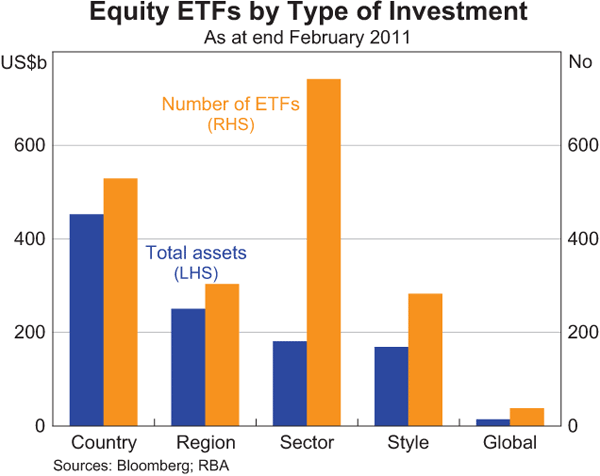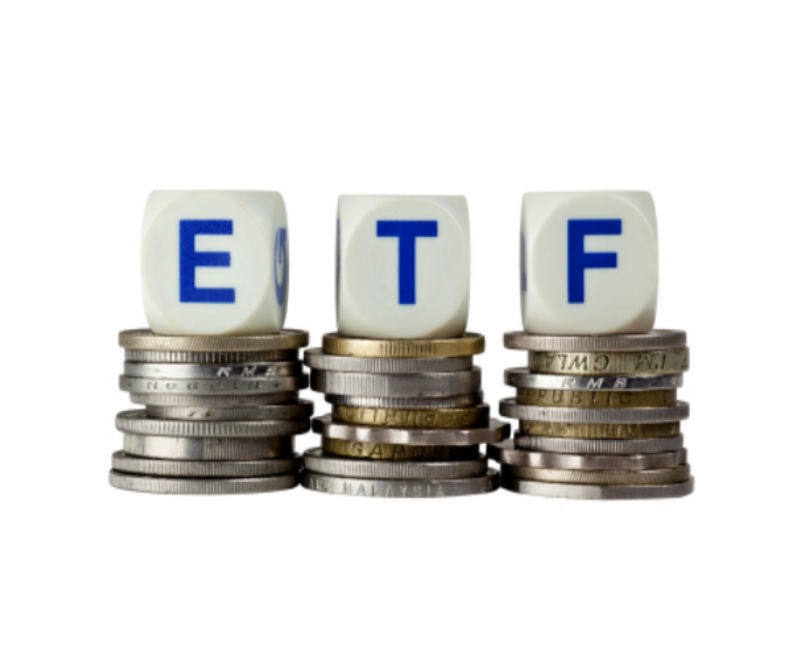Assets Held by the ExchangeTraded Funds
Post on: 11 Июнь, 2015 No Comment

The next decision you have to make is what type of assets you want the fund to hold. Do you want the fund to hold cash in a bank account in London, or do you want the fund to invest in futures contracts? Do you want the fund to invest in currency forwards or swaps, or do you want the fund to invest in investment-grade assets (such as bonds and certificates of deposit) that are denominated in the currency of your choice?
The answers to these questions will have an important impact [. ]>
The next decision you have to make is what type of assets you want the fund to hold. Do you want the fund to hold cash in a bank account in London, or do you want the fund to invest in futures contracts? Do you want the fund to invest in currency forwards or swaps, or do you want the fund to invest in investment-grade assets (such as bonds and certificates of deposit) that are denominated in the currency of your choice?
The answers to these questions will have an important impact on the fees charged by the fund and the taxes you will be required to pay on profits generated by the fund.
As you evaluate currency ETFs. you will be able to choose among funds that invest in one of the following three asset groups:
- Cash
- Futures, forwards, and swaps
- Money market instruments

When an ETF invests in cash, the fund literally holds cash deposits in a bank account somewhere. For example, the CurrencyShares Euro Trust (FXE) holds 100 euro in the London branch of JPMorgan Chase for every outstanding share of FXE.
Futures, Forwards, and Swaps
When an ETF invests in futures contracts, forwards, and swaps, the fund deposits money into a trading account and then uses that money to purchase the appropriate contracts. For example, the PowerShares DB USD Bull Fund (UUP) puts money into a trading account and then buys futures contracts.
In most cases, the fund manager will not be able to deploy all of the money that is in the account. Chances are good that based on the price of the contracts that the manager is willing to buy and the total amount of money that is available, some is going to be left over. When that happens, the excess cash is usually invested in high-quality bonds, like U.S. Treasuries.
Money Market Instruments
When an ETF invests in money market instruments, the fund also deposits money into a trading account and then uses that money to purchase the appropriate assets.














